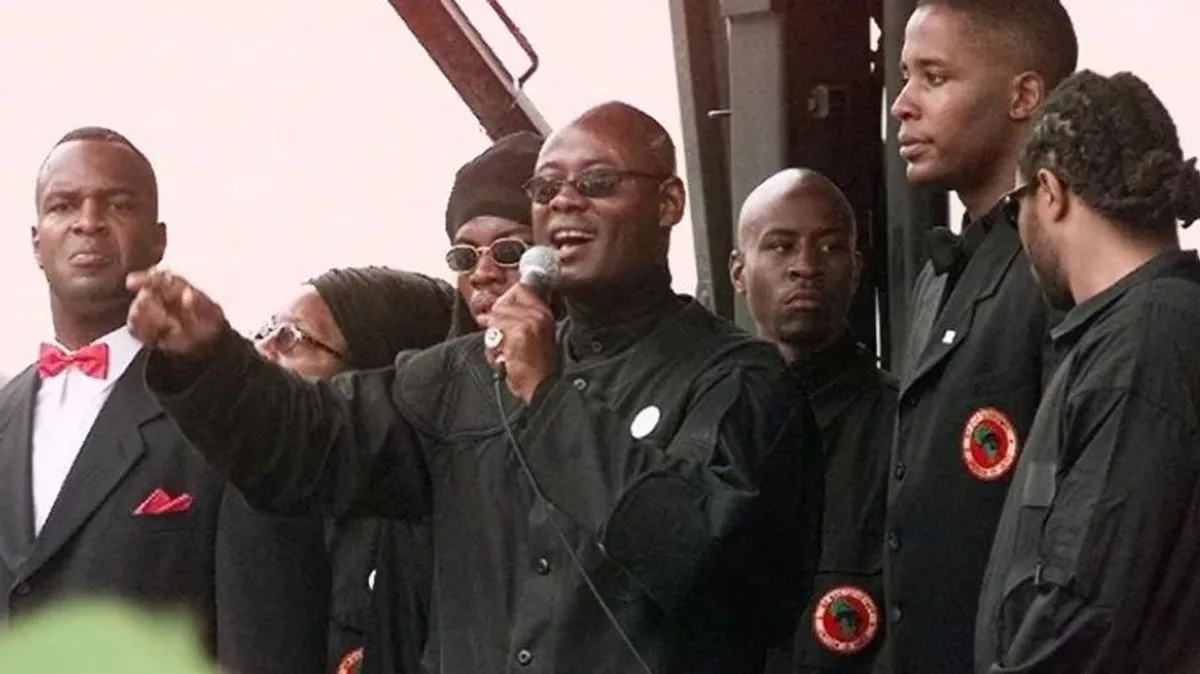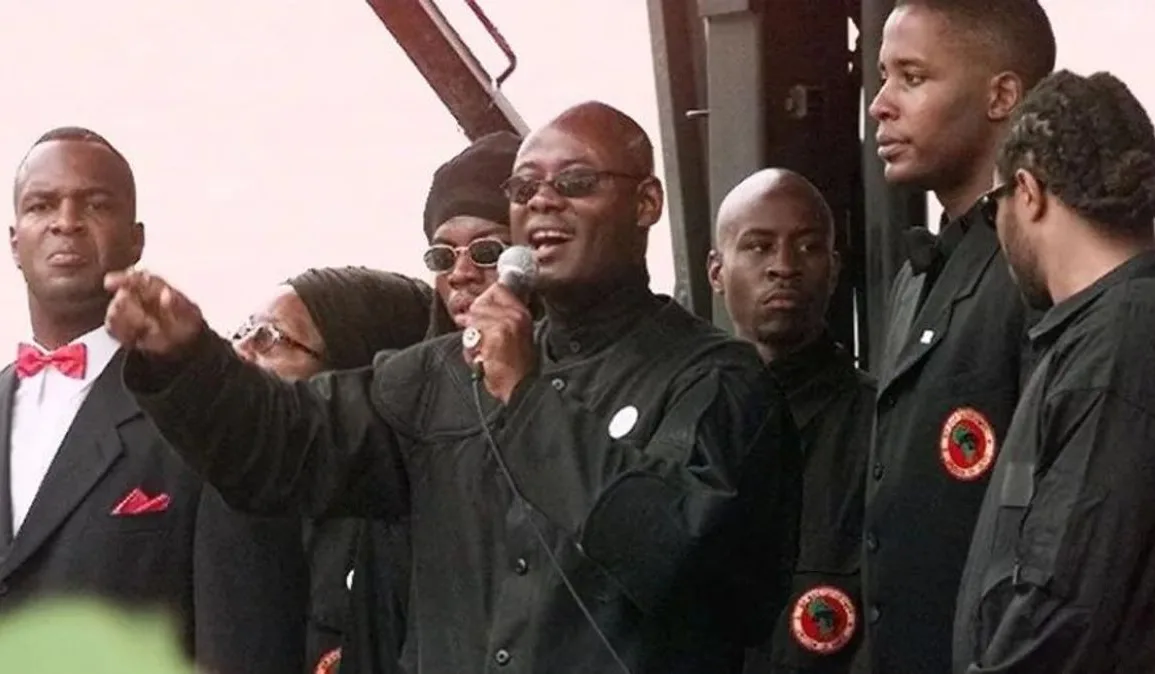
Not far from what was West Africa’s primary slave port, Ouidah in Benin, stands a statue commemorating Francisco Félix de Souza, a key figure in the transatlantic slave trade. This monument symbolizes a complex history where African nations, including Benin, played a significant role in enslaving and selling their own people, challenging the simplified narrative of European sole culpability. The late Dr. Khalid Muhammad’s assertion that African countries owe reparations to Black Americans has reignited debates on this contentious issue, highlighting the need for a comprehensive understanding of historical responsibilities.
Historical Context and Current Debates
The involvement of African countries in the slave trade has been a topic of much discussion and analysis. Historians John Thornton and Linda Heywood suggest that approximately 90% of Africans sold into the New World were enslaved by fellow Africans. This revelation complicates the narrative of slavery, illustrating it as a lucrative business for both European buyers and African sellers. Today, discussions on reparations often focus on the role of Western countries, but figures like Dr. Khalid Muhammad bring attention to the responsibilities of African nations as well.
Legacy and Influence of Slave Traders
The descendants of slave merchants in West African countries like Benin remain influential, underscoring the lasting impact of the slave trade on modern societies. The complex legacy of figures like Francisco Félix de Souza, once hailed as a father figure in cities such as Ouidah, now prompts a reevaluation of historical narratives. The ongoing influence of these families highlights the deep-rooted connections between past atrocities and present-day dynamics.
Reparations and Recognition
While several African countries seek reparations from European nations for the damages of the slave trade, the debate around African countries’ own responsibilities intensifies. The argument that Africa owes a debt to its diaspora, particularly Black Americans, challenges traditional perspectives on reparations. This discourse not only seeks financial compensation but also a historical acknowledgment and moral reckoning from all parties involved in the slave trade.
The discussion surrounding reparations for the transatlantic slave trade is evolving, with an increasing focus on the shared responsibilities of African nations. As this debate continues, it is crucial to foster a nuanced understanding of history, recognizing the roles various actors played in this dark chapter. Reflecting on the past, it becomes evident that addressing the legacies of the slave trade requires a collaborative and honest examination of all parties involved, paving the way for genuine reconciliation and healing.


